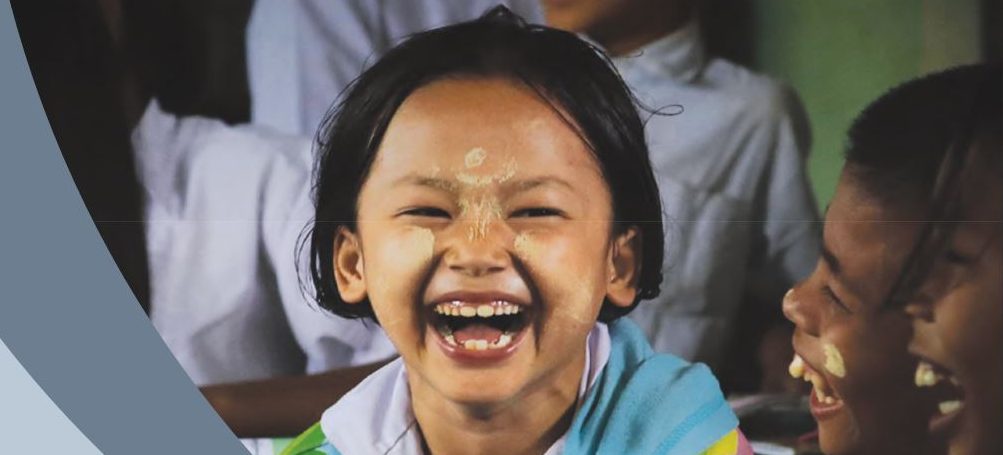Connect with us :
Connect with us :

Equitable Education Hub is a platform for education changemakers to polish their knowledge, learn, exchange tools and connect to improve equity, quality, inclusion, and equality in education.
This Website has been developed by the Lifelong Learning and Literacy Team, Educational Innovation and Skills Development, UNESCO Bangkok.
Disclaimer
UNESCO does not warrant that the information, documents and materials contained in its website is complete and correct and shall not be liable whatsoever for any damages incurred as a result of its use.